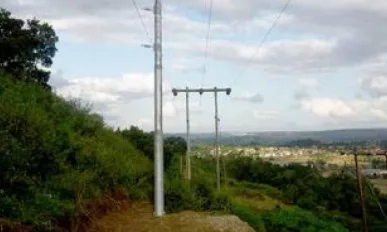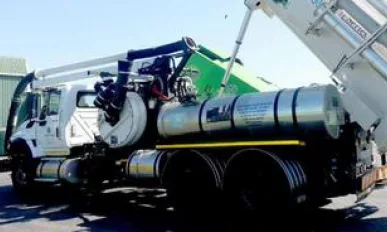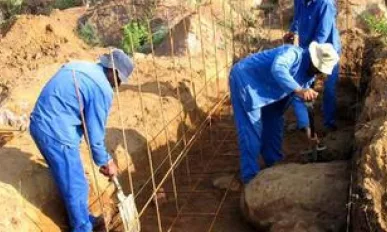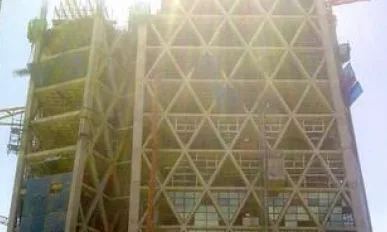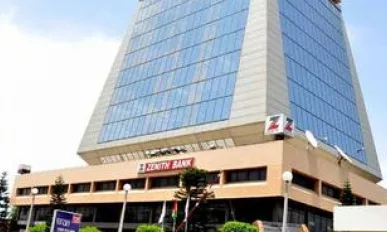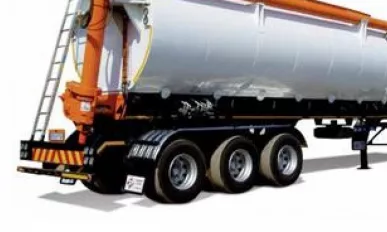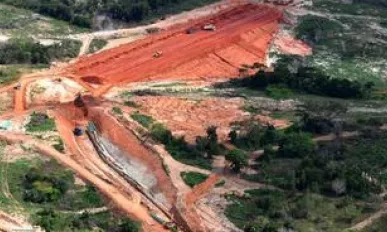Issue 02
Wilderness Holdings : Targeting African Growth
Africa Outlook talks to Wilderness Holdings, who have recently announced a reshuffle, and are now targeting African growth.
Msunduzi Municipality : Rising from the Ashes
Like a phoenix from the flames, the Msunduzi Municipality has risen from the ashes. Africa Outlook find out more.
Oak Valley Estate : Farmworker Spring
Anthony Rawbone-Viljoen of Oak Valley Estate talks diversification, award-winning wines and the farmworkers strike.
Wasteman Holdings : Setting Aggressive Growth Targets
Wasteman Holdings Group offers specialist waste removal and disposal services to all sectors of the South African market and is looking to grow this year.
RO-AL Construction : Harnessing the Telecoms Boom
Mobile telecoms in Africa: Africa Outlook talks to Willie Pretorius, Director of Operations at Ro-Al Construction, one of the leading players for mobile telecommunications infrastructure construction and maintenance work in South Africa.
Stefanutti Stocks Botswana : Fairscape Precinct Opens its Doors
Africa Outlook talks to Tim Stow, GM of Stefanutti Stocks Botswana, the main contractor on Botswana’s groundbreaking Fairscape project.
Broll Namibia : Maximising Property Potential
Founded in 2003, Broll Namibia is a leading and independent property services company in Namibia aiming to maximise property potential.
Broll Ghana : Interview with Kofi Ampong
Africa Outlook talks to Kofi Ampong, CEO of Broll Ghana – the winner of the 2012 Ghana Property Award for Best Facilities Management Company.
Hillcrest Private Hospital : Medical Marvel
Nestled in the leafy suburb of Hillcrest KwaZulu-Natal Hillcrest Private Hospital provides quality healthcare driven by a strong, customer-centric focus.
SafMed : Surgical Steel
SafMed offers a range of products and services that help customers do their jobs more safely, effectively and efficiently.
Paramount Trailers : Leaving the Competition Trailing
With construction of a new production facility underway this is an exciting time for Johannesburg-based Paramount Trailers. Africa Outlook learns more.
BioTherm Energy : Winds of Change
Africa Outlook talks to green energy specialist Jasandra Nyker, CEO of independent power producer BioTherm Energy.
Base Titanium : Attracting Attention with Extraction
The sheer size and potential of Base Titanium Resources’ Kwale Mineral Sands Project in Kenya is impressive and it is tipped to be a “globally significant” producer, with a front-ended production profile over a 13-year mine life.




